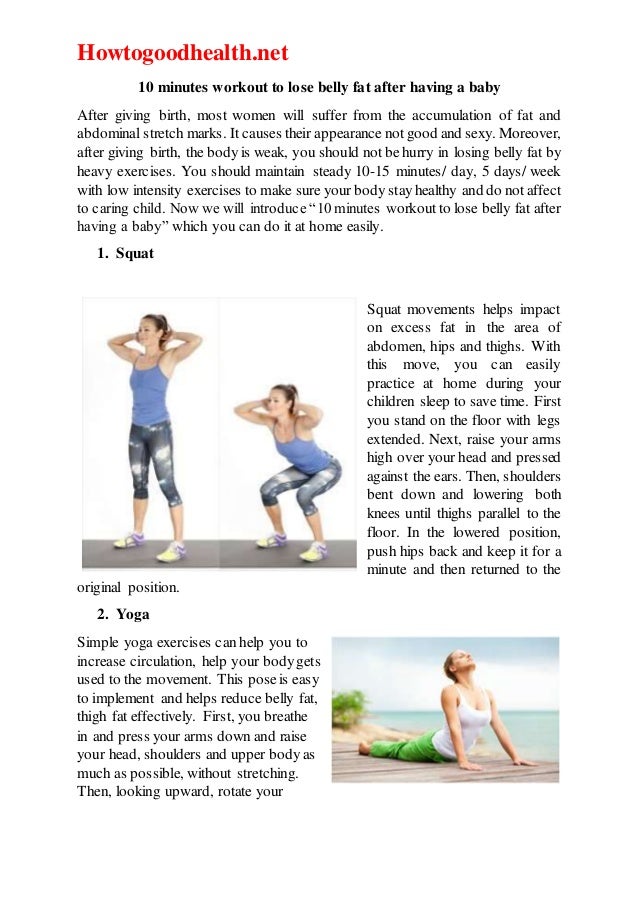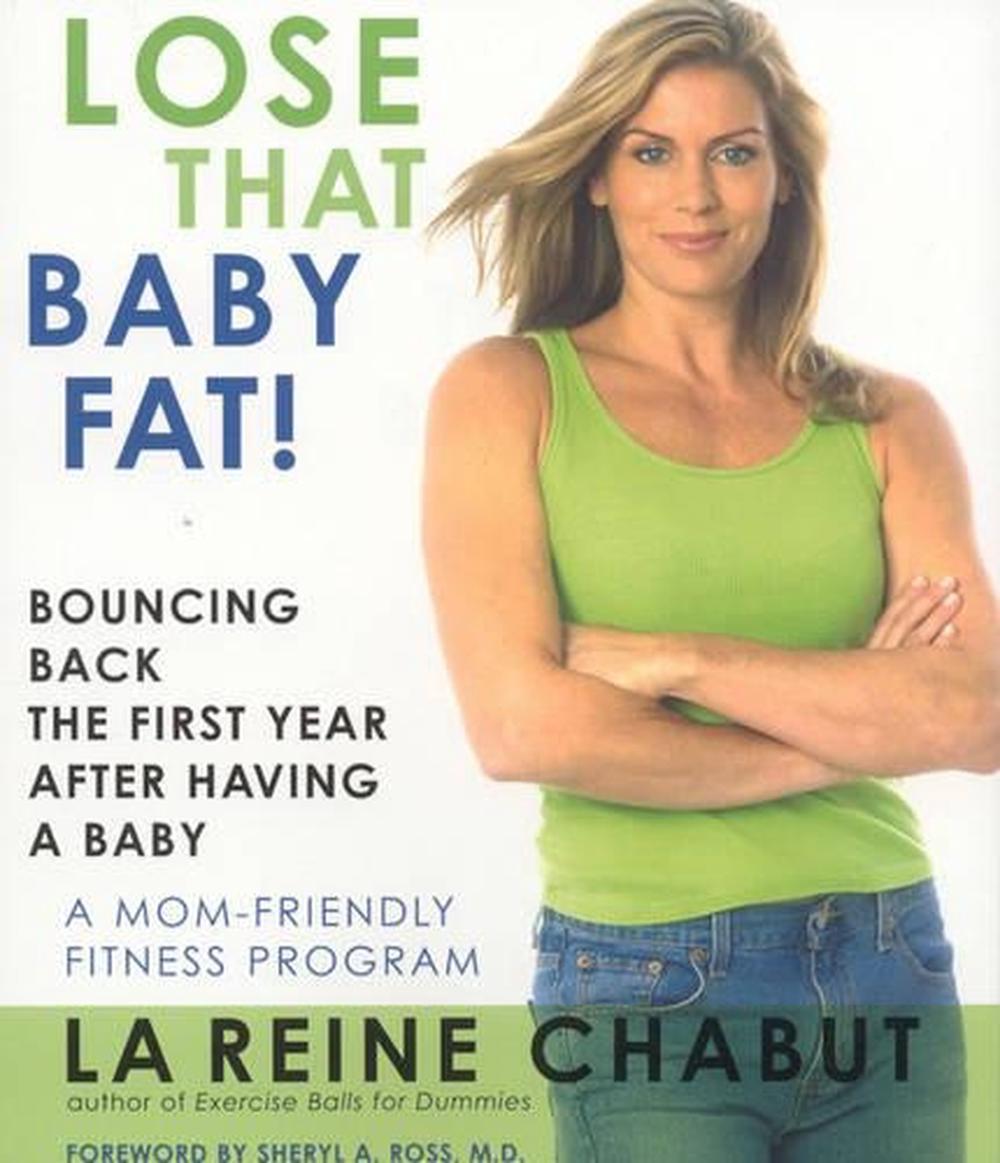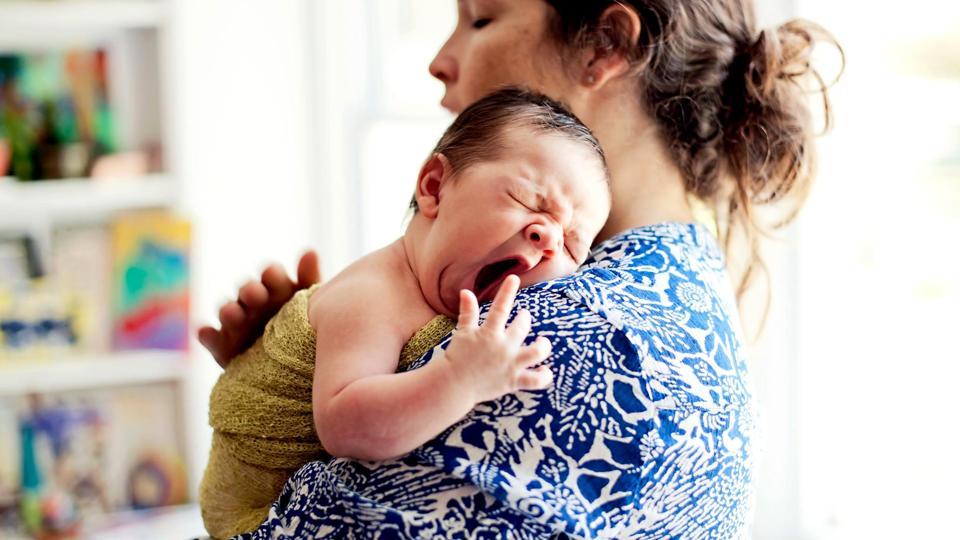Stunning Info About How To Lose Baby Fat

Some studies have linked a high intake of trans fat to increased belly fat gain.
How to lose baby fat. Facial fat and fullness naturally reduce over time. Losing weight after having a baby takes a combination of diet, exercise, and patience. As you lose weight all over your body, your face will shrink in.
Baby fat is a type of fat that provides warmth and sustenance for babies and toddlers, and it is important for their growth and development. The second phase lasts from the age of six to puberty. To keep your baby at a healthy weight:
Learn how baby fat is. Tips to help lose baby weight 1. Crash diets are very low calorie diets that aim to make you lose a large amount of weight in the.
Follow these tips from exercise experts and get. At, protein, and other nutrient stores; Monitor your weight gain during pregnancy.
As you age, the fat in your face loses volume, causing your face to appear less full and more angular. Here are tips for approaching postpartum weight loss the healthy way. Offer your child healthy alternatives to soda:
Learn how to lose baby fat with simple and effective exercises that tone your core, lower body, upper body and abs. Excessive weight gain during pregnancy can increase a baby's birth weight. There are no special ab exercises that will help you get.
(if it feels like you’re peeing and sweating more than usual, that’s why!). Certain exercises and eating a nutritious diet can help reduce its appearance. The healthiest weight loss comes from following a moderately portioned, whole foods diet and exercising more.
Despite what magazines and celebrity stories would have you believe, losing weight after. Regardless of whether you’re trying to lose weight, limiting your intake of trans fat. Follow a whole food diet lower in carbs and higher in protein to reduce overall body fat;
Turmeric water for belly fat loss. You may lose a little more during that first week postpartum simply by shedding retained fluids. The key strategies to lose the postpartum belly pooch are:
The baby (usually only about 26% of the total weight gain) fluid;


















